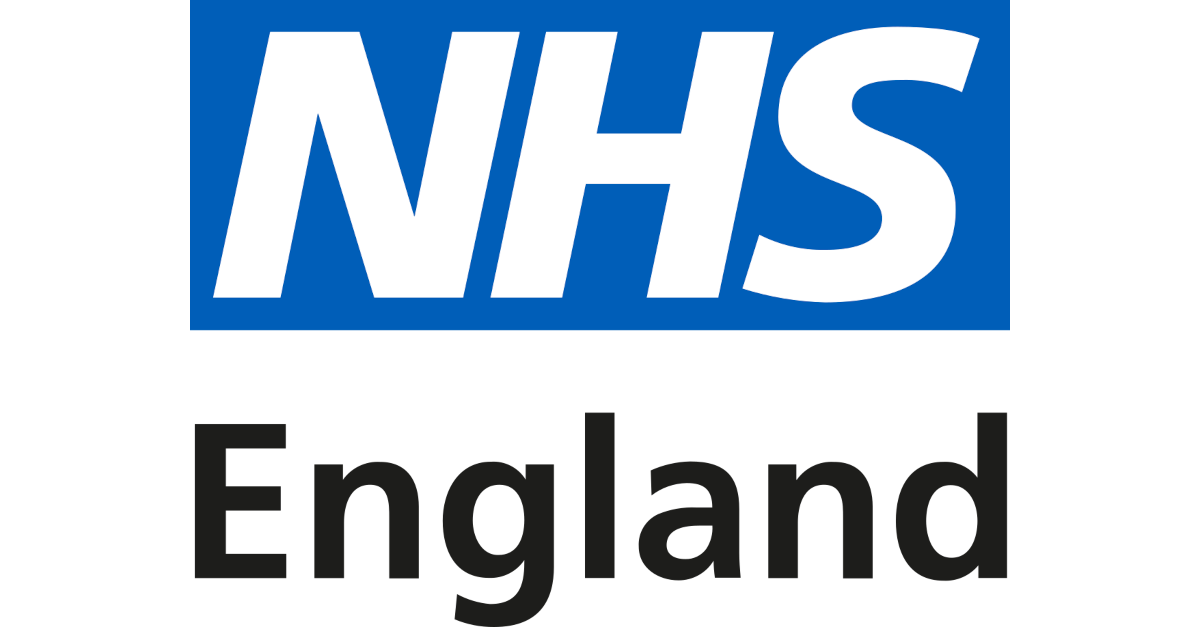The NHS has launched its first ever review to tackle health inequalities experienced by LGBT+ people, including access to mental health care, cancer screening and primary care services.
The detailed work, announced today (29 July), will help the NHS understand how it can do more to meet the needs of LGBT+ people, including understanding barriers to accessing healthcare and the impact of LGBT+ health inequalities on outcomes and patient safety.
The six-month review will examine data and evidence from a range of research and clinical settings, including mental health, sexual and reproductive health, HIV, perinatal care, primary care and cancer screening as well as smoking, alcohol and drug prevention services.
This will build on significant evidence that LGBT+ people have worse access to healthcare, poorer experience and worse health outcomes than the general population. In the government’s national LGBT survey (2018) LGBT+ people reported poor access to mental health services and poor experience of healthcare services in general. The GP Patient Experience Survey demonstrates that LGBT+ respondents have higher rates of mental health conditions and are more likely to report poor experience at their GP.
The review will be led by Dr Michael Brady, National Adviser for LGBT Health at NHS England, and a final report and recommendations will be presented to the Secretary of State for Health and Social Care, Wes Streeting, in December.
The NHS is also calling on academics, clinicians, public health professionals, local authorities, service providers, voluntary sector and other organisations to submit data which could help further analysis. The review will be aligned with the commitments in the 10 Year Health Plan, in particular how the three shifts of hospital to community, sickness to prevention, and analogue to digital can address LGBT+ health inequalities.
Dr Michael Brady, National Adviser for LGBT Health at NHS England, said: “It’s unacceptable that LGBT+ people have a poorer overall experience of health services, which leads to worse health outcomes. This is the first review to look in depth at this issue and make recommendations which will help the NHS better meet the health needs of LGBT+ people.
“We will use an evidence-based approach to examine where and why these inequalities persist and to recommend how we should focus our energies on addressing them, as well as describing areas of best practice. I’m very keen for any organisations or individuals who work in healthcare who might have valuable data or evidence to contribute to the review, so we can get the best possible understanding of the issues and make effective recommendations to the government.”
Health and Social Care Secretary Wes Streeting said: “The NHS is at its best when it serves everyone equally – but evidence shows this hasn’t been happening. For too many LGBT+ people, accessing quality healthcare remains a challenge, and one often marked by discrimination, misunderstanding, and miseducation.
“That’s why I’ve commissioned a comprehensive review into LGBT+ health inequalities – because every patient deserves dignity, respect, and excellent care, regardless of who they are or who they love. Through our Plan for Change, we’re not just rebuilding our NHS, we’re building it back better for everyone.”
Find out more information about the review and how to submit evidence.

